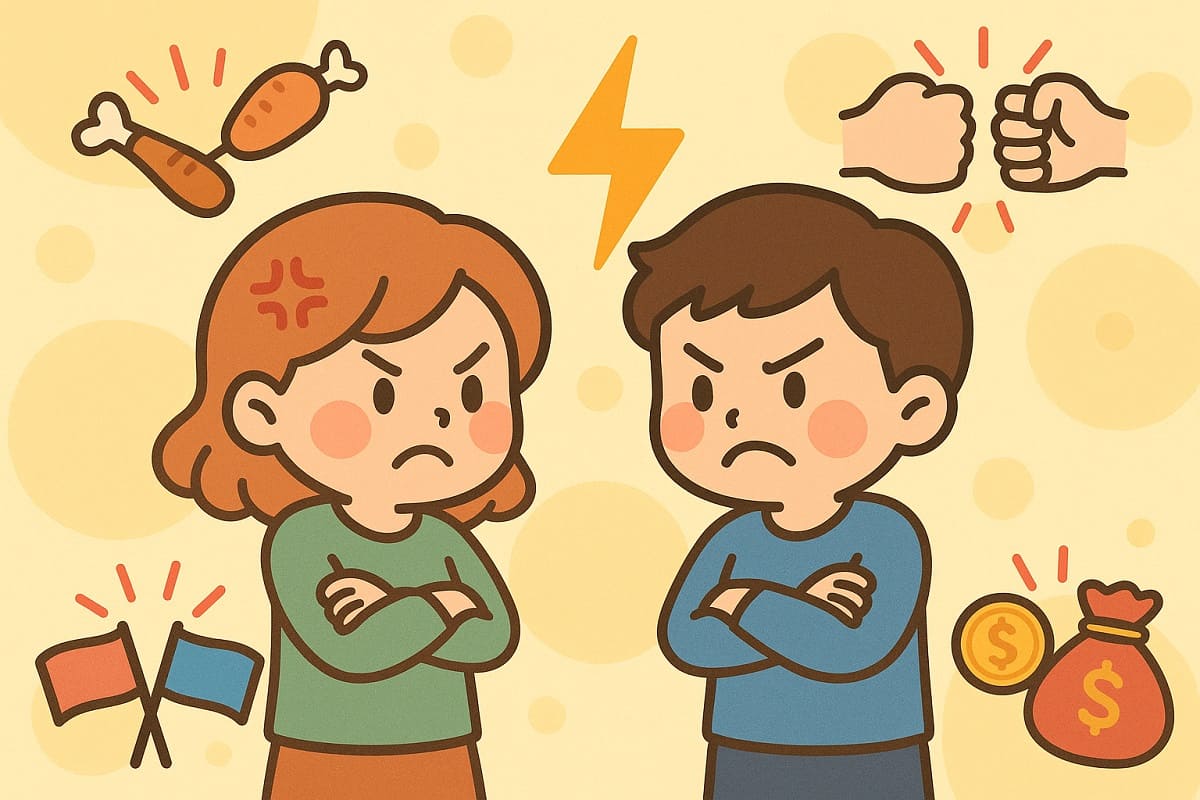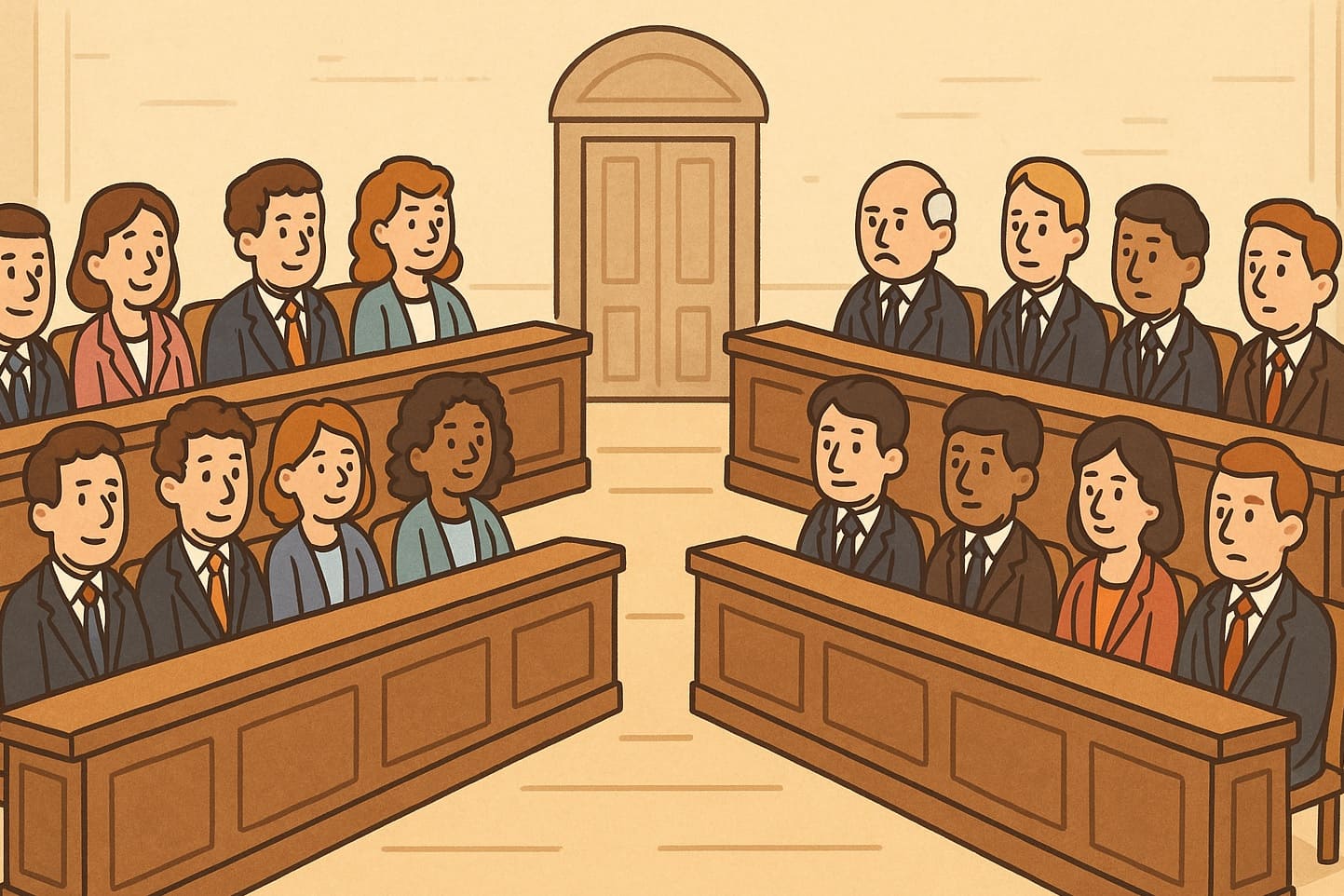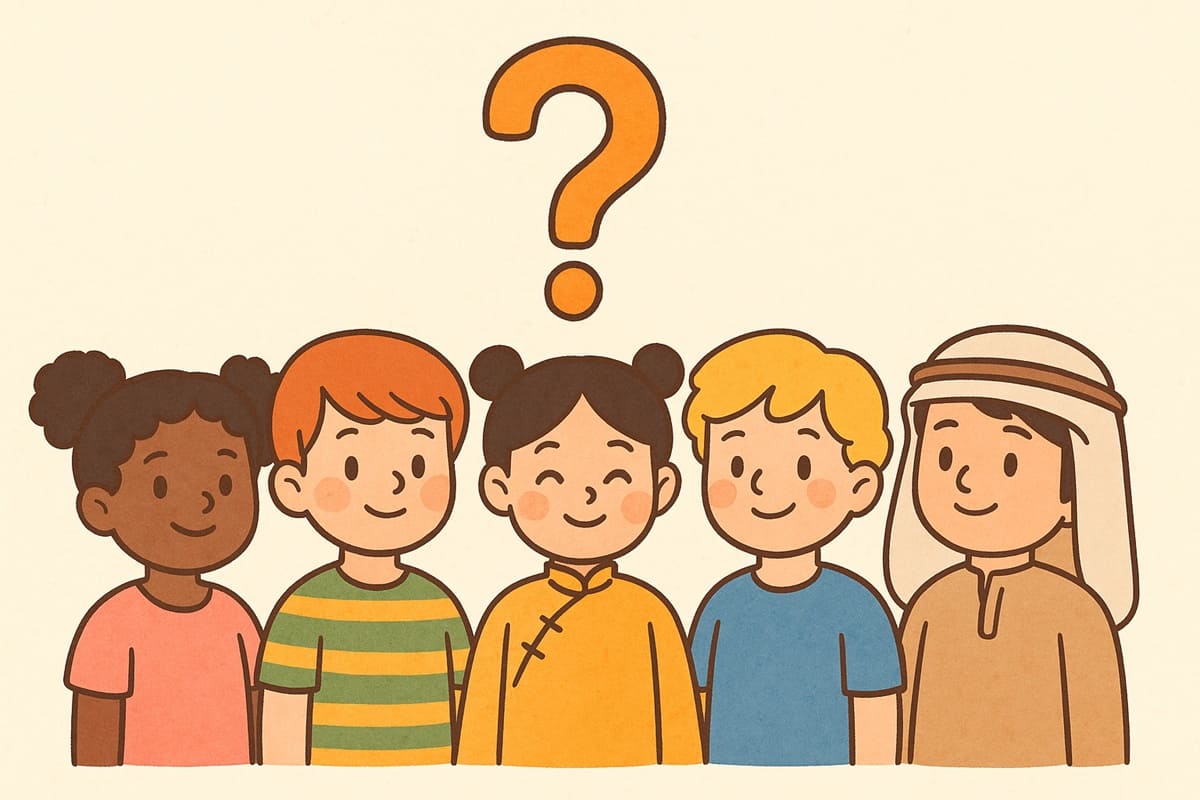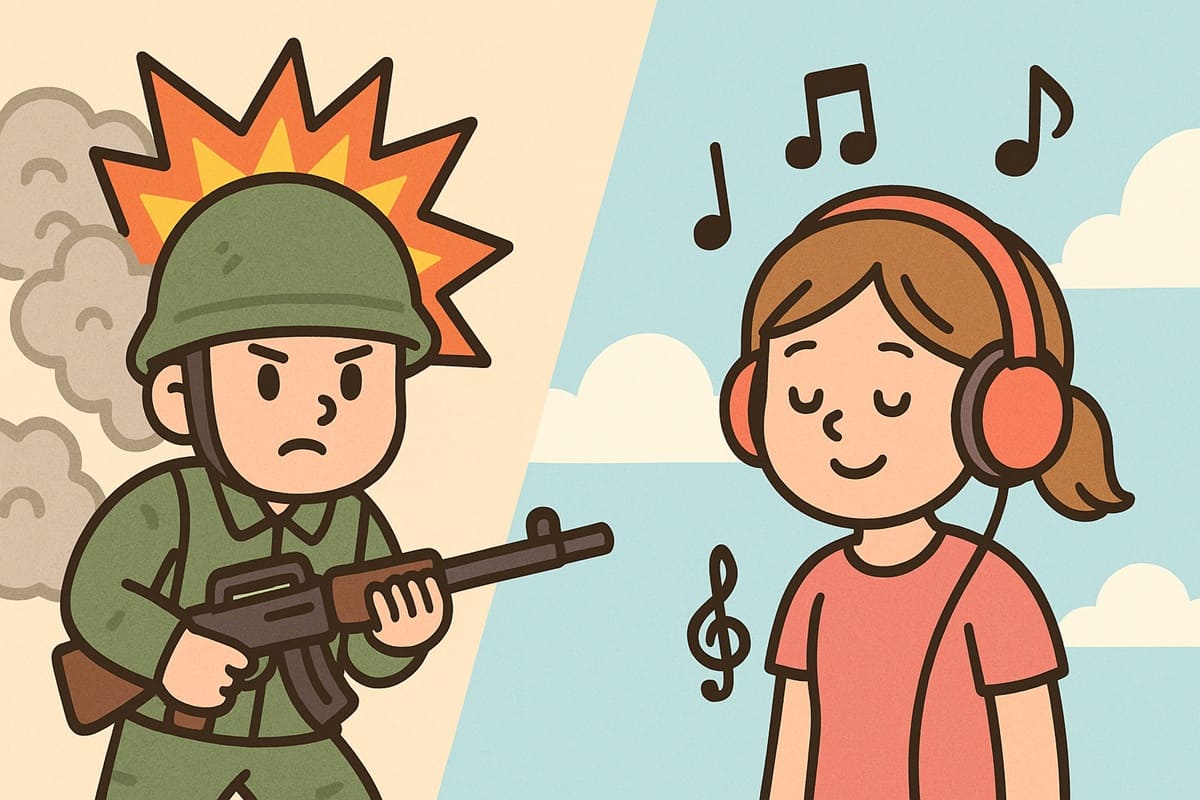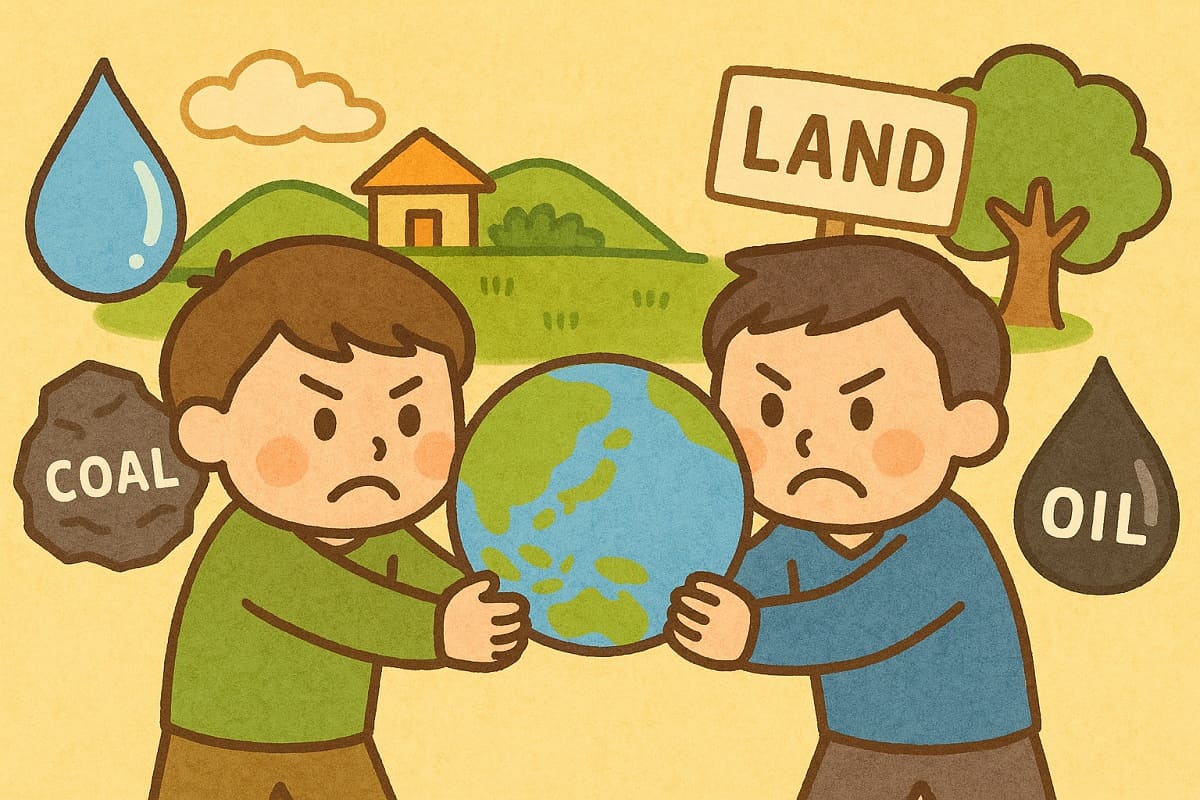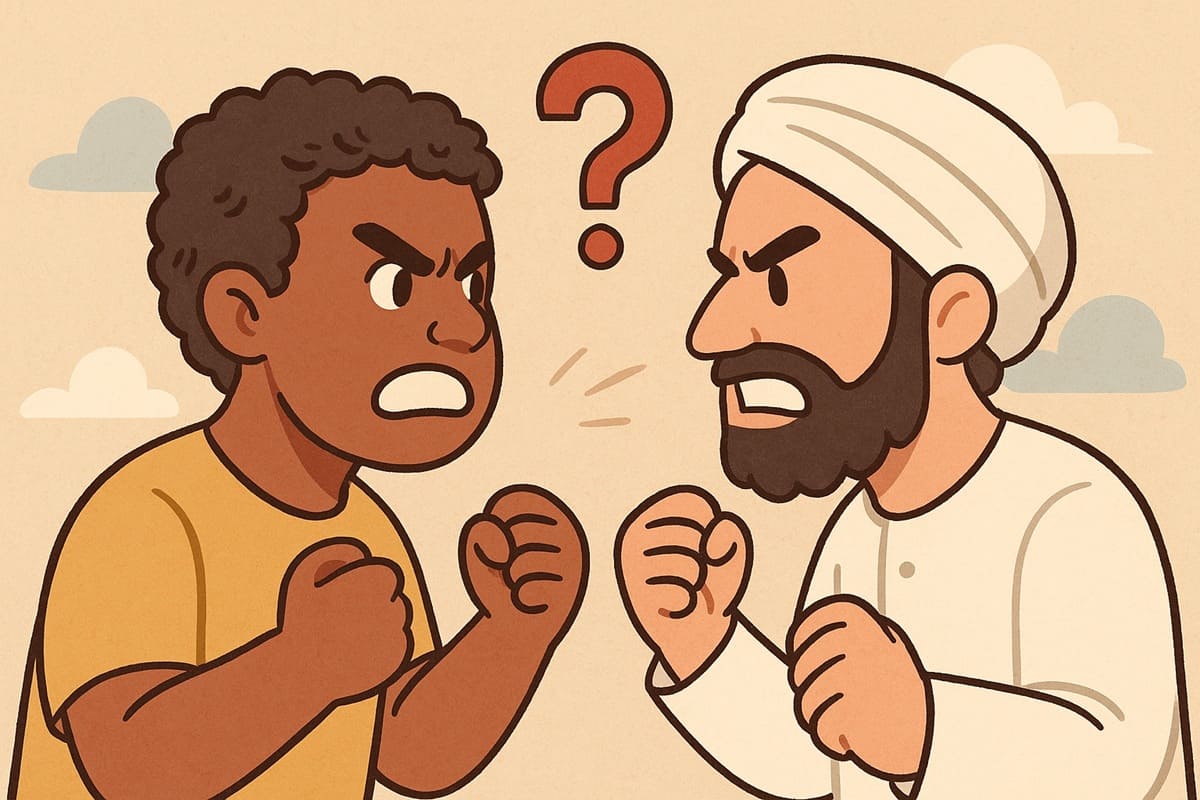What Kind of People Are Populists? Be Careful of Methods That Fuel Division
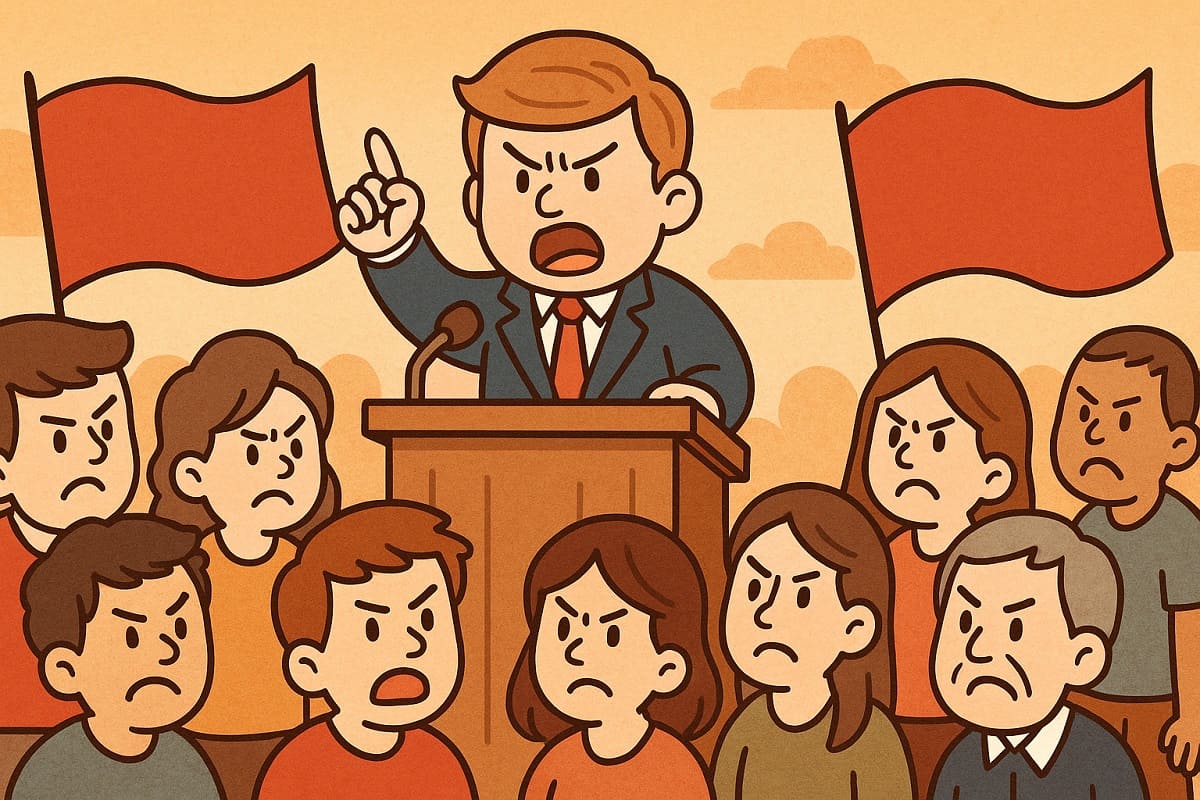
Have you ever heard the words “populism” or “populist”?
On the news or social media, you might have seen people confidently declaring, “I am the one who truly represents the voice of the people,” while strongly criticizing politicians or the press.
Some of these people may say things that make you think, “I’m glad they said that!” However, behind such words, there is often a hidden danger of splitting society in two and pitting people against one another. In this article, I will explain in simple terms what a populist is, how they move people’s hearts, and how their way of speaking can create division.
What Is Populism?
In simple terms, populism is the idea that “society can be divided into ‘good, ordinary citizens’ and ‘corrupt elites,’ and politics should listen only to the will of the people.”
This way of thinking exists among both right-leaning and left-leaning politicians. Although their specific policies may differ, they share the same “people vs. elites” framework.
Historically, populist movements began in the United States and Russia in the 19th century. In recent years, examples often cited include the United Kingdom’s withdrawal from the EU (Brexit) and the methods employed by the Trump administration.
How Populists Act and Speak
Populist politicians repeatedly send the message that “the established political class and elites have betrayed the people.” They present themselves as the “true representatives of the people.” Rather than focusing on complex institutional reforms, they prefer simple, quick-fix solutions like “building this wall will solve the problem” or “if we just do this, everything will be better.”
Their speaking style is also distinctive. They constantly frame situations as a battle between “good citizens” and “bad elites.” They may use short, catchy slogans, or deliberately make rude statements to attract attention. They often use language that heightens a sense of crisis, such as “If things go on like this, the country will collapse.”
How They Capture People’s Hearts
Populists skillfully tap into people’s anxieties and dissatisfaction, turning them into “anger.” For example, they may reframe the feeling of “we are being left behind” into a narrative like “an enemy is stealing your livelihood.” They stimulate emotions such as anger, fear, pride, or nostalgia, building a sense of camaraderie — “we are fighting together.”
Methods of Provocation
Modern populists are adept at using social media. By making extreme statements, they are more likely to be featured in the news, which draws attention to them. They also label critical reporting as “fake news,” encouraging supporters to distrust the media.
On social media, groups of like-minded people connect and reinforce each other’s views, creating an “echo chamber” effect. In such an environment, misinformation and conspiracy theories can spread rapidly.
Populists also simplify complex social problems into narratives where “bad outsiders are harming good, ordinary citizens.” For example, they may blame economic troubles on “international wealthy elites” or claim that rising crime is “because of immigrants.”
What Happens When Division Emerges
This kind of rhetoric divides society into “friends” and “enemies.” Once you label the other side as evil, there is no will to engage in dialogue. As a result, compromise and consensus in politics become impossible, and democracy stops functioning effectively.
Furthermore, institutions that protect democracy, such as the judiciary and the press, may be attacked as “enemies” and weakened. There is also a danger that only the majority’s opinion will be forced through.
When “emotionally satisfying stories” take precedence over facts, society loses a shared understanding of reality, and the foundation for building consensus disappears.
How to Recognize Them
To determine whether someone is a populist, listen carefully to their speech. Do they always talk in terms of “good people” vs. “bad elites”? Do they completely reject any political forces other than themselves? Do they dislike opposing opinions or fact-checking? Do they oversimplify solutions to problems? Are they constantly stoking a sense of crisis? Do they single out specific groups as villains? If many of these points apply, caution is warranted.
What We Can Do to Prevent Division
If someone’s statement makes you feel strong anger or fear, it is important not to believe it immediately but to check with multiple reliable sources. Instead of attacking the other person’s character, examine the basis of their argument and talk using facts and data — this will lead to calmer discussions. Even when opinions differ, trying to understand the other person’s real concerns and finding common ground can create opportunities to overcome division.
Conclusion
Populists have the ability to simplify complex problems and speak directly to people’s emotions. However, we must remember that this “simplicity” can also become a force that divides society. When you encounter strong words, it is important to take a step back and examine the background and evidence. Rather than flashy messages, the real key to protecting our society and freedom lies in patient consensus-building and the coexistence of diverse opinions.
Main References
- Galston, W. A. (2018). The populist challenge to liberal democracy. Journal of Democracy, 29(2).
- Obradović, S., Power, S. A., & Sheehy-Skeffington, J. (2020). Understanding the psychological appeal of populism. Current Opinion in Psychology, 35.
- de Jonge, L. (2017). First Brexit and now Trump: What is populism and how might we view it? University of Cambridge Research.
- Gessler, T. (2016). Book review: What is Populism? by Jan-Werner Müller. LSE Review of Books.
- Mudde, C. (2018, November 22). How populism became the concept that defines our age. The Guardian.
